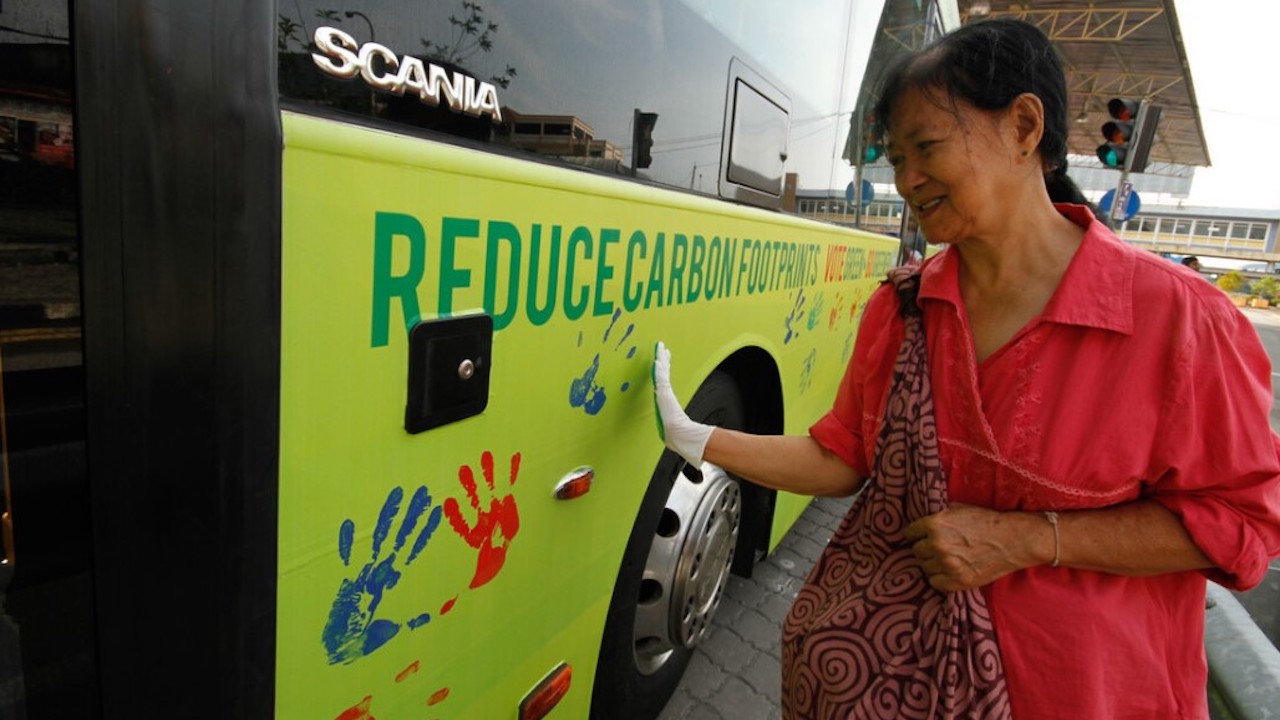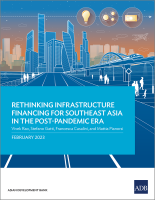
An ADB–IsDB report says Islamic finance has great potential to boost climate action. Photo credit: ADB.
An ADB–IsDB report provides recommendations on how to speed up the development of Islamic climate finance.
The fast-growing Islamic finance industry can help boost climate mitigation and adaptation in Asia and beyond, says a new report from the Asian Development Bank (ADB). However, the industry is “generally slow to adapt to sustainable finance and the climate finance agenda” despite wide recognition that climate action aligns with its ethical and faith-based principles. The report, which was developed in close collaboration with the Islamic Development Bank (IsDB), gives recommendations on how to speed up the development of climate finance.
The Islamic finance industry is estimated to manage almost $4 trillion in total assets, according to the Islamic Finance Development Report 2022.
Malaysia and Indonesia have the most developed Islamic finance sectors in the world. They are leaders in sukuk, Islamic debt securities, which they have leveraged to finance social and green projects.
The ADB report says demand- and supply-side challenges inhibit the growth of Islamic climate finance. Governance standards of the industry have yet to be fully developed in line with global standards for climate action and aligned with the Paris Agreement. There is also a lack of common ESG (environment, social, and governance) or green taxonomies and institutional and human resource capacity to support climate finance. In the meantime, the economic and social impacts of the COVID-19 pandemic have reduced public spending on climate finance.
Bright prospects
Despite these challenges, the report sees bright prospects for climate finance given the uptrend in ESG investing. For example, it notes that at least six sustainability-themed funds were launched in Malaysia in 2021. In recent years, there was also a mix of international (e.g., Perusahaan Penerbit SBSN Indonesia III) and domestic issuances of green sukuk, such as in Malaysia under the ASEAN Green Bonds standards, which primarily supported renewable energy projects.
The report identifies four main channels for developing Islamic climate finance:
- greening capital markets,
- greening social finance,
- mobilizing project finance for green infrastructure, and
- developing green banking services for the unbanked.
In developed markets, such as Indonesia and Malaysia, the report says the most readily scalable instruments are international and domestic green sukuk issuances, green infrastructure funds, and sustainable finance instruments.
The four channels complement each other in supporting climate mitigation, adaptation and resilience, the report adds. A majority of green sukuk, for example, supports climate mitigation projects. Meanwhile, greening social finance and providing green banking services to the unbanked are seen as primary channels for climate adaptation and resilience.
The report notes that the “high demand for Shari’ah-compliant consumer banking across unbanked populations of common member countries [of ADB and IsDB]” has a high potential for developing sustainable Islamic finance and Islamic climate finance in Asia. It cites that zakat or charity programs and awqaf or Islamic microfinance can play an important role in addressing the disproportionate impacts of climate disasters on disadvantaged groups.
This article was first published by BIMP-EAGA on 14 February 2023.


